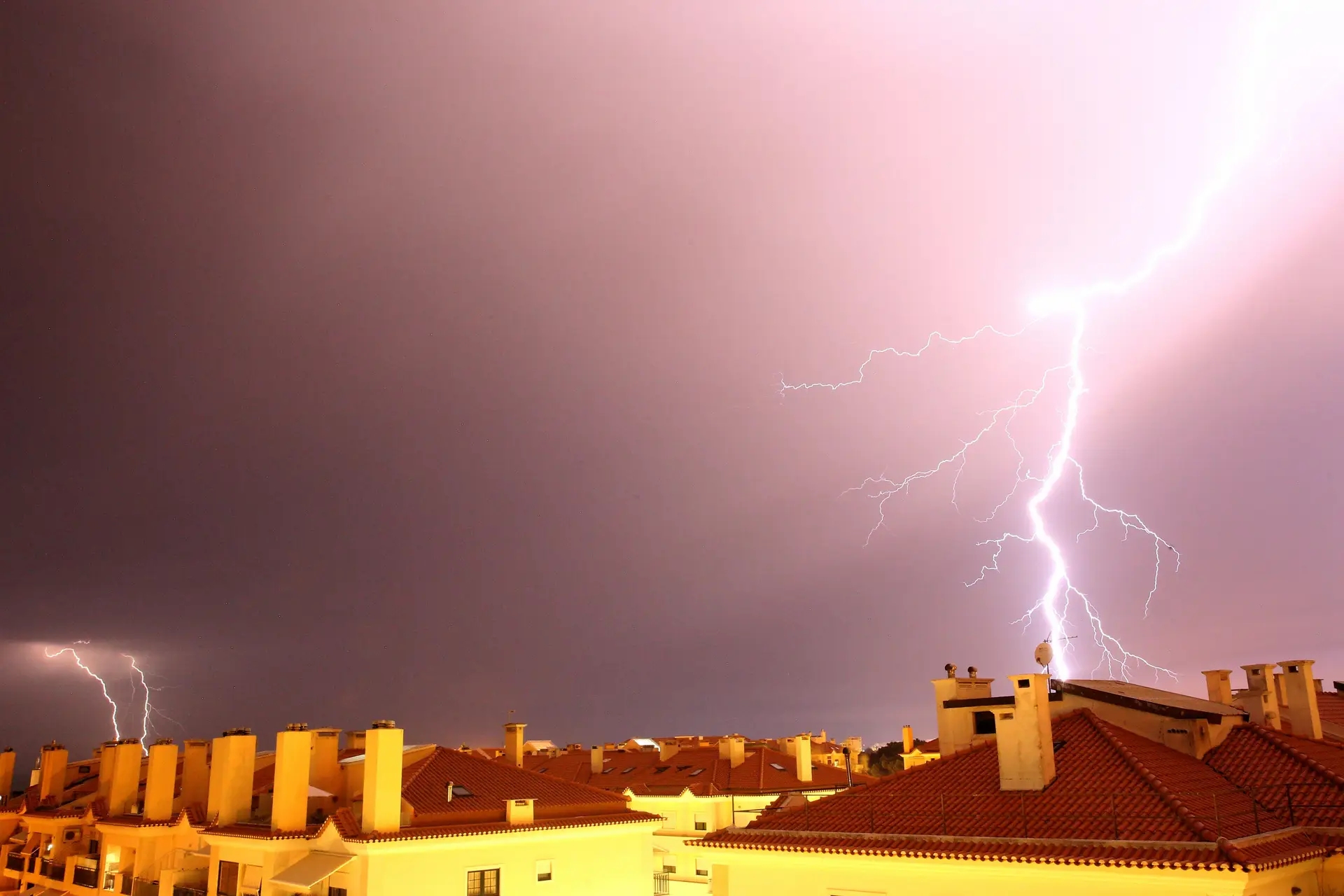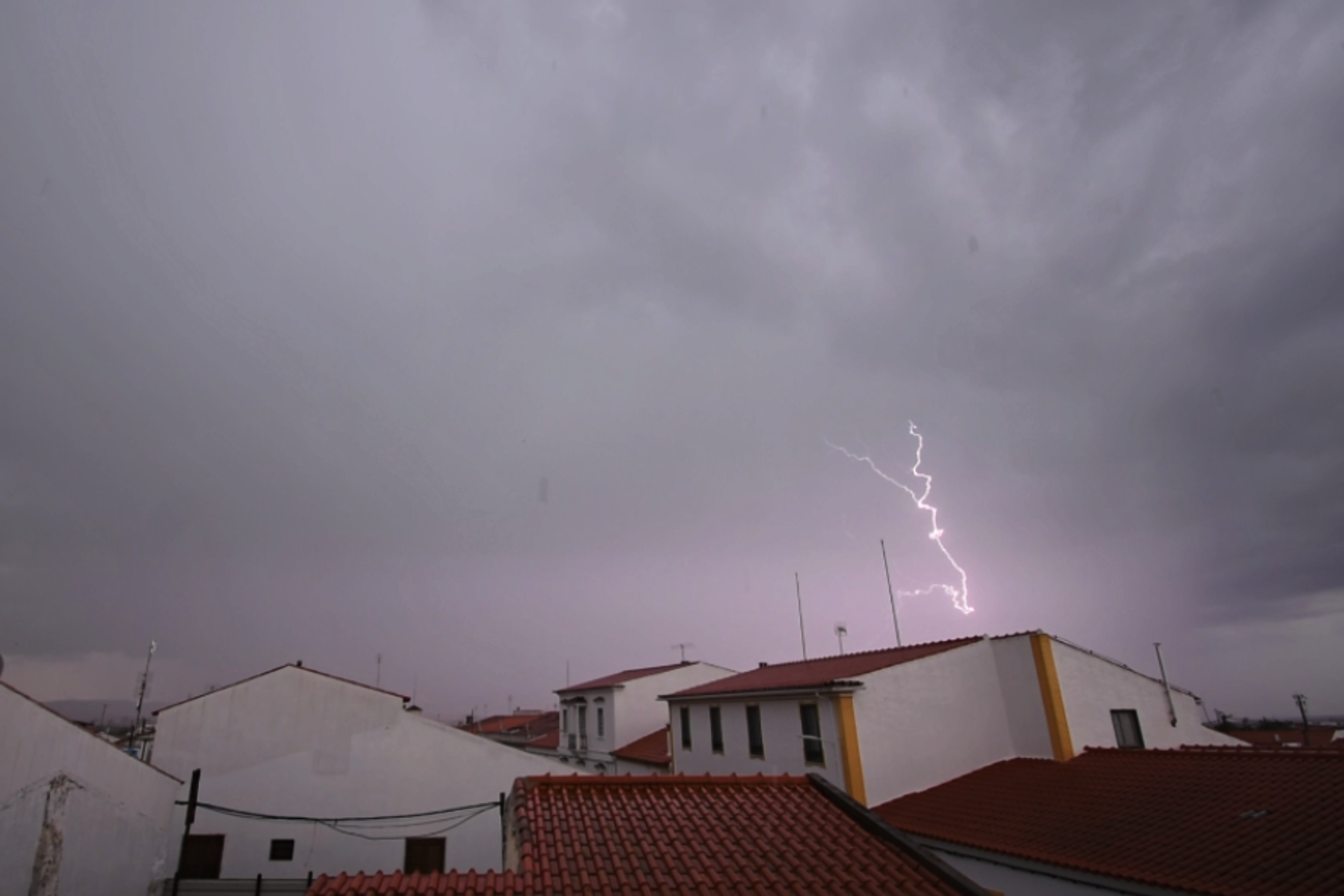Trovoada: Unveiling the Epicenter of Angola's Vibrant Culture
When one thinks of Angola, a vibrant tapestry of traditions, rhythms, and colors comes to mind. At the heart of this cultural quilt lies Trovoada, a captivating musical genre that has woven its way into the very fabric of Angolan society. Trovoada, meaning "thunderstorm" in Portuguese, embodies the raw energy, pulsating rhythms, and poetic lyrics that have captivated generations. Dive into the rich world of Trovoada, where music becomes a vessel for storytelling, celebration, and the exploration of the human experience.
The Birth of a Cultural Icon
The genesis of Trovoada can be traced back to the mid-20th century, when musicians in the densely populated slums of Luanda, Angola's capital, began to experiment with a fusion of traditional African rhythms and modern European influences. Percussion instruments, such as drums, bells, and shakers, intermingled with guitars and accordions to create a unique and infectious sound. These early pioneers, known as "sembeiros," paved the way for the development of Trovoada as a distinct musical style.
The Golden Age of Trovoada
The 1960s marked a golden age for Trovoada, as the genre gained immense popularity both within Angola and across the wider African diaspora. Bands such as Os Kiezos, Os Merengues, and Os Jovens do Prenda emerged as icons, captivating audiences with their energetic performances and evocative lyrics. Trovoada became a symbol of Angolan pride and resistance during the country's struggle for independence from colonial rule.
The Rhythmic Powerhouse of Trovoada
At the core of Trovoada lies its infectious rhythms, which draw inspiration from traditional Angolan music and various African diaspora rhythms. The interplay between drums, bells, and shakers creates a captivating foundation that drives the music forward. Trovoada rhythms are often characterized by their syncopated patterns and infectious grooves, which invite listeners to dance and move with abandon.
The Lyrical Tapestry of Trovoada
Beyond its captivating rhythms, Trovoada is also renowned for its poetic and evocative lyrics. Semba musicians often use their music to tell stories, share personal experiences, and explore social and political issues. The lyrics are often full of imagery, metaphors, and wordplay, reflecting the richness and diversity of Angolan culture. Trovoada songs touch upon themes of love, loss, joy, struggle, and triumph, resonating deeply with listeners from all walks of life.
The Social Impact of Trovoada
Trovoada has played a significant role in Angolan society, transcending its status as mere entertainment. The genre has served as a powerful tool for social cohesion, bringing people together across linguistic, cultural, and socioeconomic divides. Trovoada music has also been used to raise awareness of important social issues, such as HIV/AIDS prevention, gender equality, and environmental protection.
The Global Reach of Trovoada
The infectious rhythms and poignant lyrics of Trovoada have resonated far beyond Angola's borders, captivating audiences across Africa and the world. The genre has been embraced by musicians in various countries, who have incorporated elements of Trovoada into their own musical traditions. From the vibrant streets of Cape Town to the bustling dance clubs of Paris, the influence of Trovoada can be heard in a diverse range of musical expressions.
Trovoada and the Future
As Trovoada continues to evolve and adapt to changing times, it remains a vibrant and beloved part of Angolan culture. Contemporary Trovoada artists are experimenting with new sounds and incorporating elements from other genres, creating a dynamic musical landscape. The future of Trovoada looks bright, as it continues to captivate generations with its infectious rhythms, poignant lyrics, and enduring social significance.
Table: The Evolution of Trovoada
| Period | Characteristics | Key Artists |
|---|---|---|
| 1950s-1960s: Origins and Development | Fusion of traditional African rhythms and modern European influences | Os Kiezos, Os Merengues |
| 1960s-1970s: Golden Age | Gaining immense popularity in Angola and beyond | Os Jovens do Prenda |
| 1980s-1990s: Post-Independence Transformation | Incorporation of new instruments and sounds | Os Bonitos |
| 2000s-Present: Contemporary Trovoada | Exploration of new sounds and collaborations | Yuri da Cunha, Pérola |
Whether you're a seasoned music lover or a curious newcomer, the vibrant world of Trovoada is waiting to embrace you. Immerse yourself in its pulsating rhythms, poignant lyrics, and infectious spirit. Let Trovoada transport you to the heart of Angolan culture, where music becomes a celebration of life, love, and the human experience.




